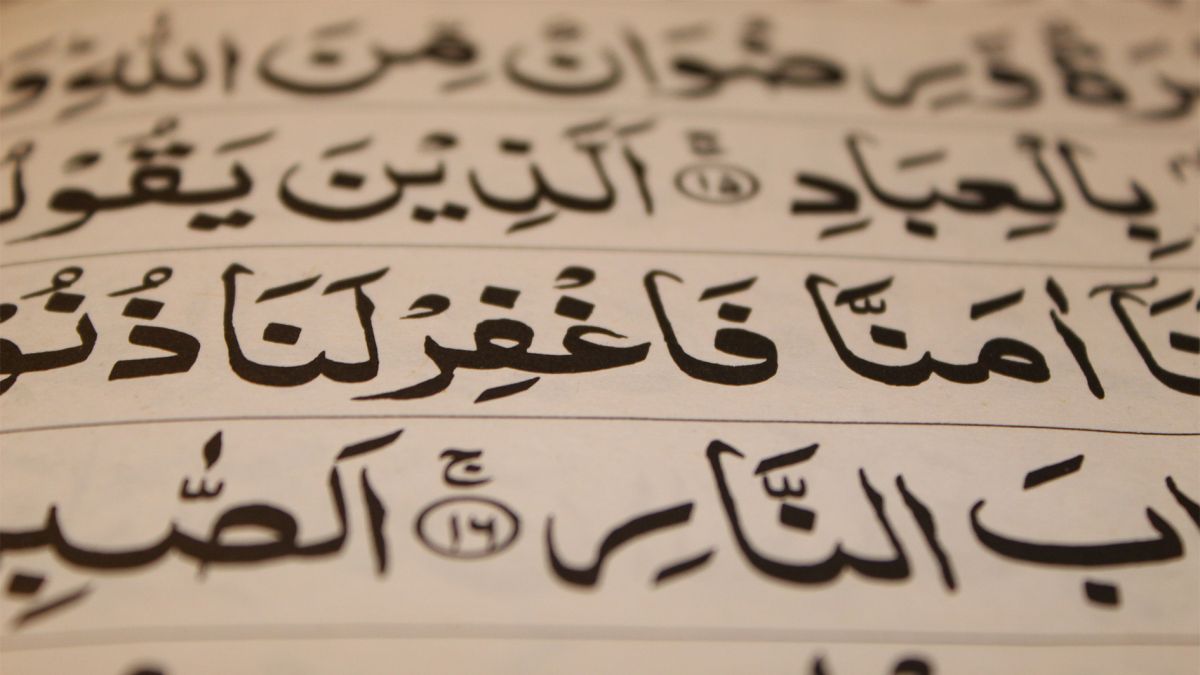Reciting Verses Relevant to the Khuṭbah in Ṣalāt al-Jumuʿah?
Imām Muḥammad ibn Ṣāliḥ al-ʿUthaymīn


It has been reported that Shaykh Ibn ʿUthaymīn (may Allāh have Mercy on him) was asked: السؤال
بالنسبة لبعض الخطباء إذا خطبوا ، يجعلون للخطب مناسبات، فمثلاً إذا جاء موسم الإسراء والمعراج يخطبون فيه ويبينون بعض الفوائد ويعرجون على بيان بعض البدع والأخطاء التي تقع في هذا اليوم، فما حكمه؟
Regarding what some khaṭībs do when they deliver their khuṭbahs, they give their khuṭbahs topics relevant to current events, if the time of Isrāʾ and Miʿrāj comes around they speak about it, drawing benefits from it, warning from innovations and mistakes performed that day, what is the ruling on this?
It was reported that he answered:
هذا طيب يعني: كون الإنسان يجعل الخطبة مناسبة لما حدث، هذا طيب، وهذا هو الغالب على خطب النبي -صلى الله عليه وسلم- ، ولهذا إذا وقعت حادثة تحتاج إلى خطبة ، قام وخطب حتى بغير جمعة. كون الإنسان يراعي الأحوال ويخطب في المناسبات هذا طيب؛ مثلاً في رمضان يتحدث عن الصيام، وفي الحج يتحدث عن الحج، وفي ربيع الأول عن الهجرة، يعني: ينظر المناسبات، هذا لا بأس به، وهو دليل على أن الخطيب فقيه وحكيم. لكن هنا مسألة بعض الأئمة يفعلونها إذا خطب خطبة قرأ في الصلاة الآيات المناسبة لها هذا هو الذي يقال: إنه بدعة؛ لأن الرسول -صلى الله عليه وسلم- كان ملازماً لقراءة سبح والغاشية أو الجمعة والمنافقون، ولم يكن يراعي موضوع الخطبة
This is good, meaning that a person makes his khuṭbah relative to certain occasions. This is good, and it is how most of the khuṭbahs of the Prophet (صلى الله عليه وسلم) were. When something happened that needed to be addressed, he stood up and gave a khuṭbah (about it), even if it wasn’t Jumuʿah. So for a person to give consideration to current situations and focus his khuṭbahs on them is good. For example, in Ramaḍān, he speaks about Ramaḍān, at Ḥajj time he speaks about Ḥajj, and in Rabīʿ al-Awwal he speaks about ḥijrah, meaning: he considers occasions, and there is no problem with that. It is even proof that the khaṭīb has understanding and wisdom.
However, there is an issue here that some Imāms do, they deliver a khuṭbah about a topic and then read relative verses of the Qurʾān about that topic (in Ṣalāt al-Jumuʿah). This is what is considered an innovation (bidʿah), since the Messenger (صلى الله عليه وسلم) used to keep to the reading of Sab-bih (Sūrah al-Aʿlá) and al-Ghāshiyah, or al-Jumuʿah and al-Munāfiqūn, and he did not used to consider the subject of the khuṭbah (when choosing verses to read in the prayer).
Source: A transcript of a tape entitled “al-Liqāʾ al-Maftūh” (#155, side B)
Translated by: Mūsá Richardson
Note: Although my (Mūsá Richardson’s) consistent practice has been al-A’lā and al-Ghāshiyah, al-Jumuʿah and al-Munāfiqūn, or al-Jumuʿah and al-Ghāshiyah, I did what Shaykh Ibn ʿUthaymīn spoke of once in Toronto, in Shaʾbān 1431 (Summer 2010), near the end of my stay there. I gave a khuṭbah about Ramaḍān and read the verses from Sūrah al-Baqarah about it in the prayer. At that time, I did not know anything about doing it. I would like to request that anyone who was there or has the recording should please take note of what is correct about this issue, and not follow my mistaken practice. And we ask Allāh for steadfastness upon His Path. And Allāh knows best.

















